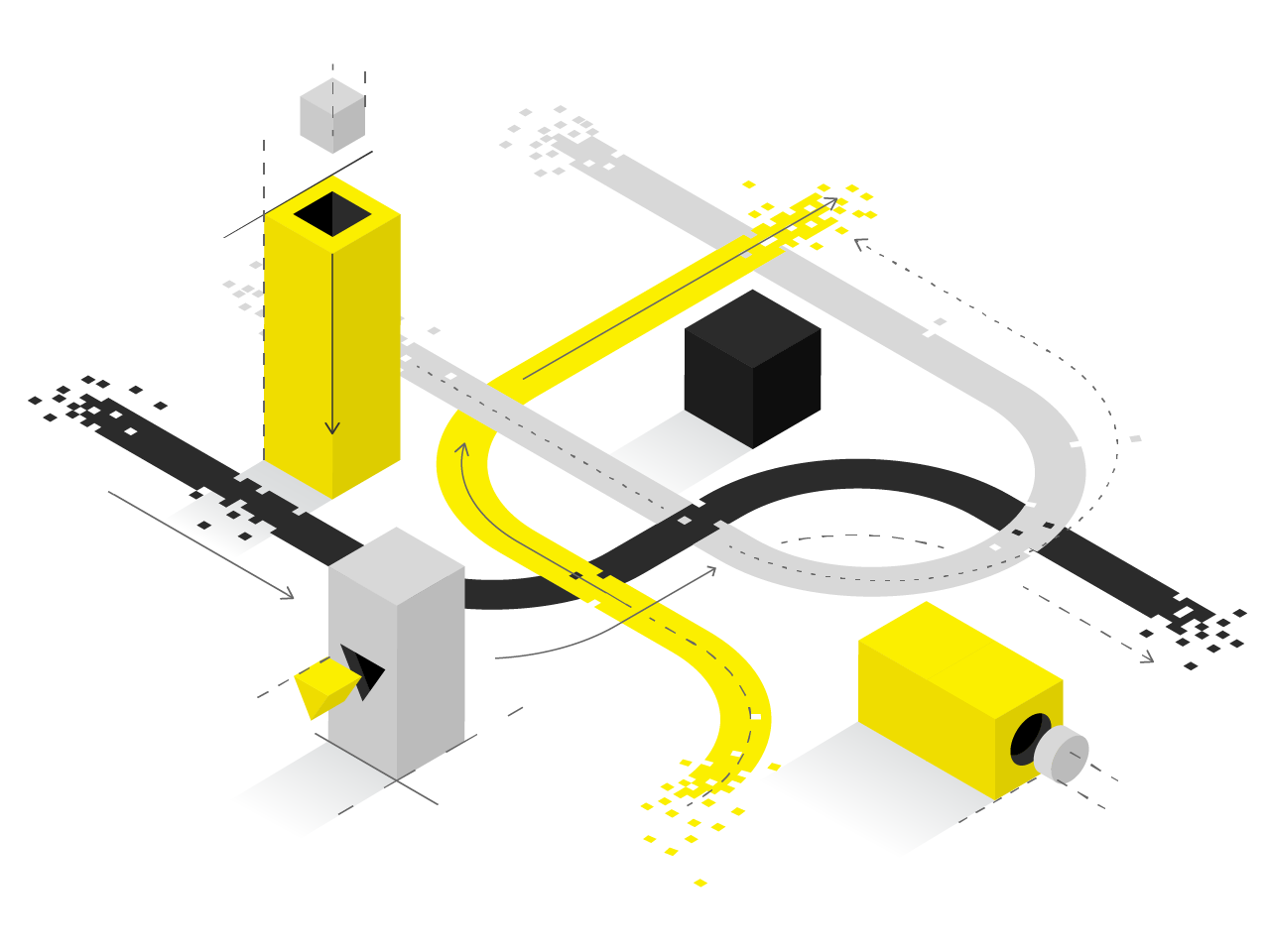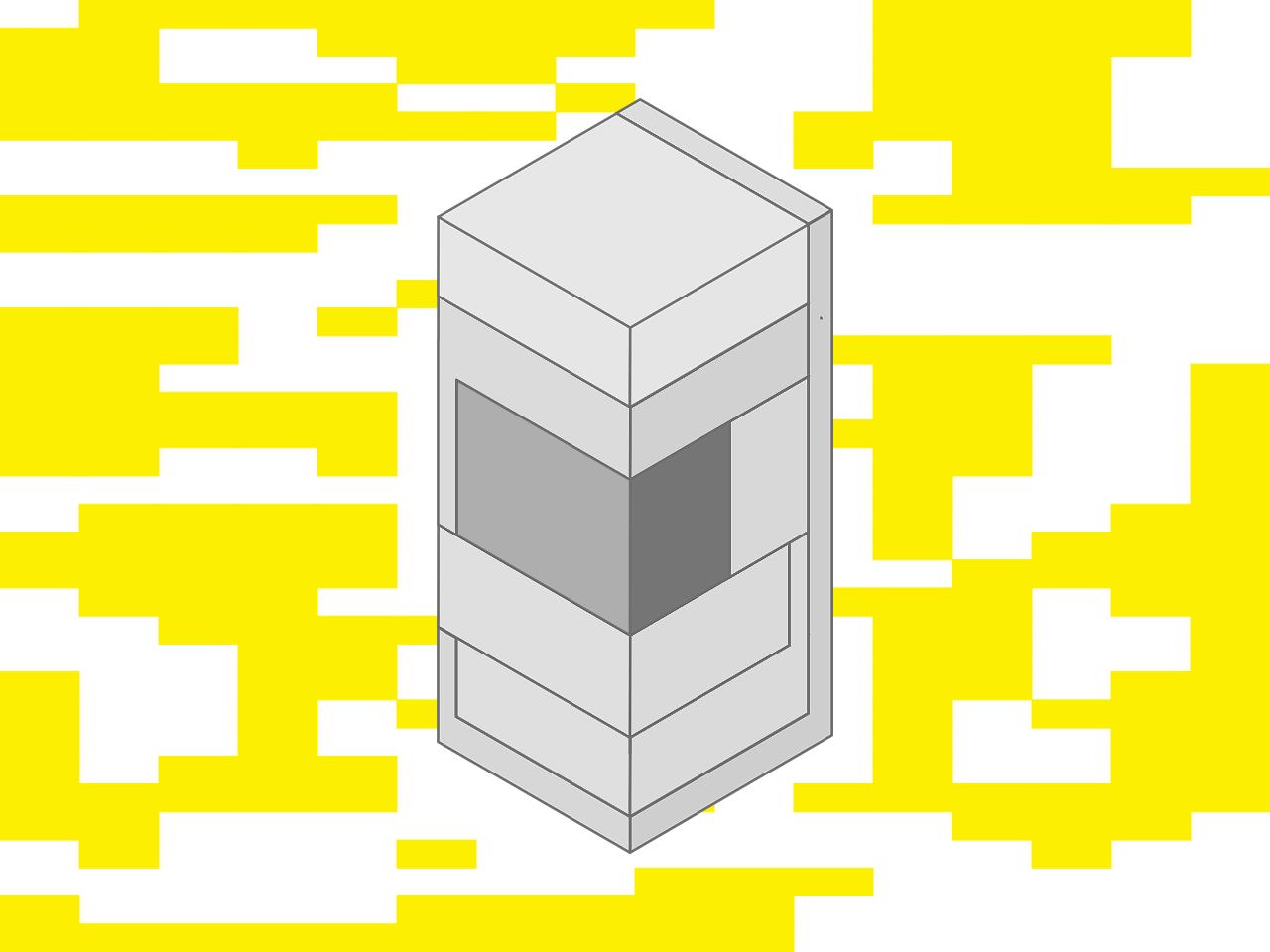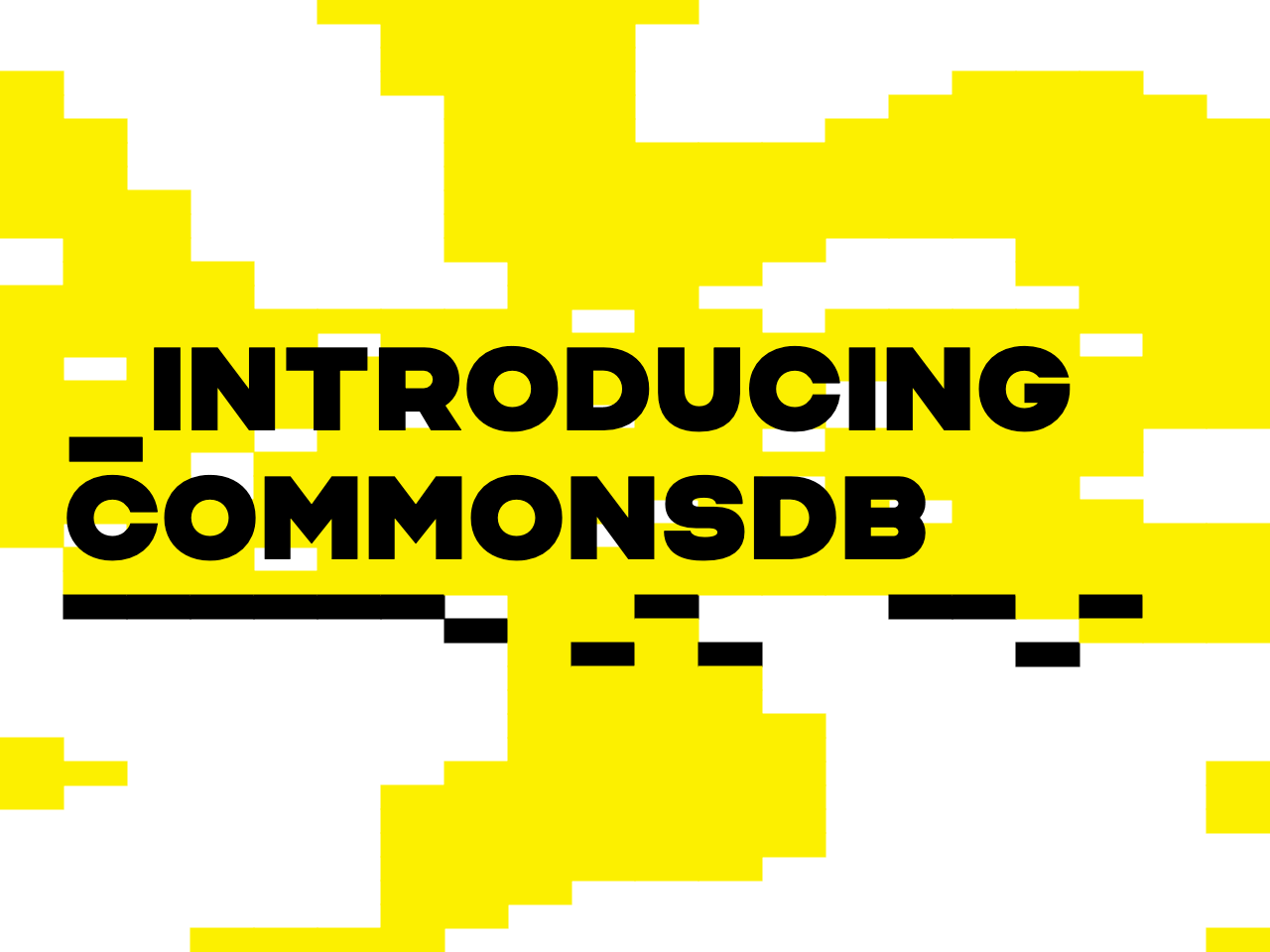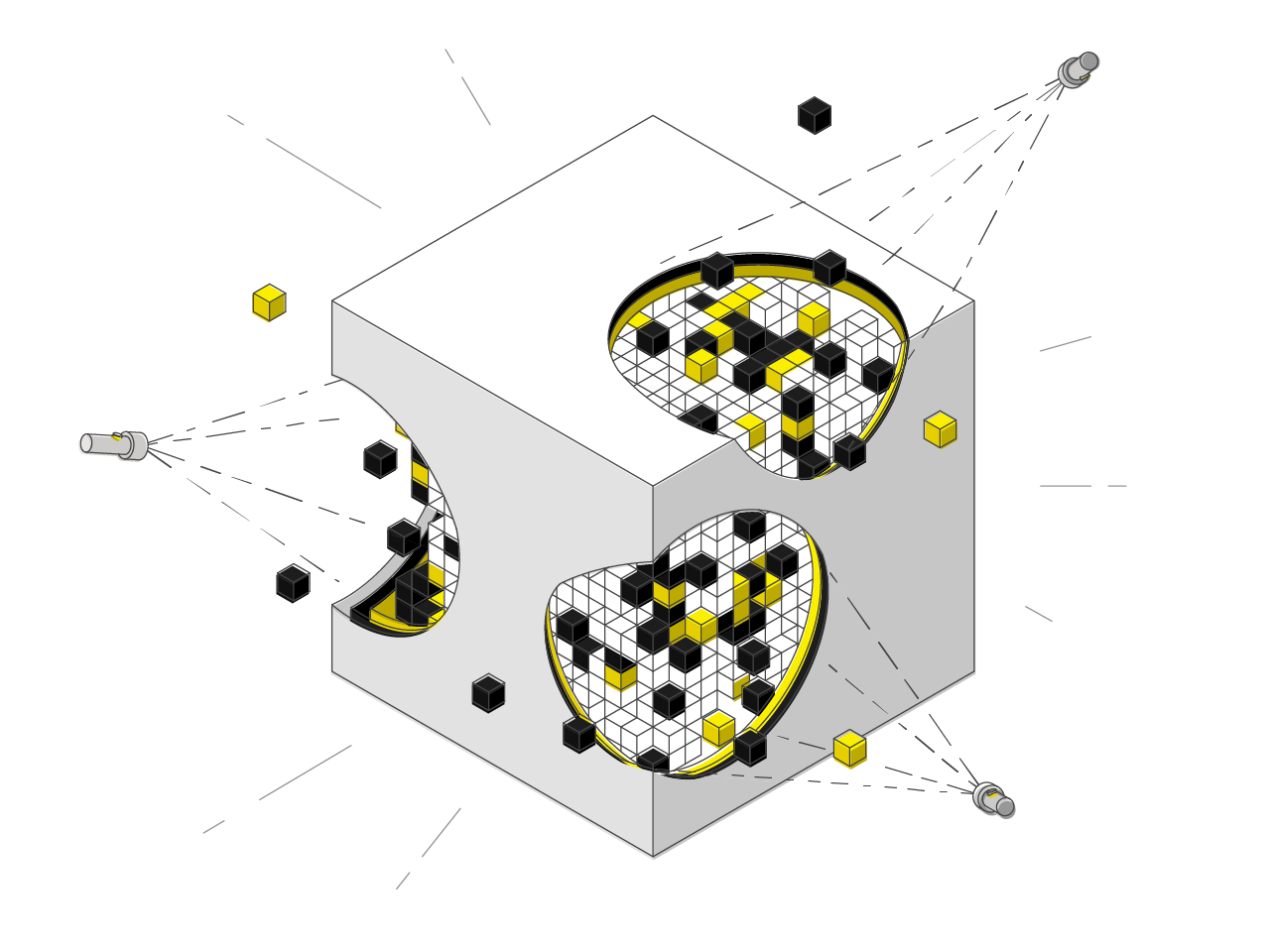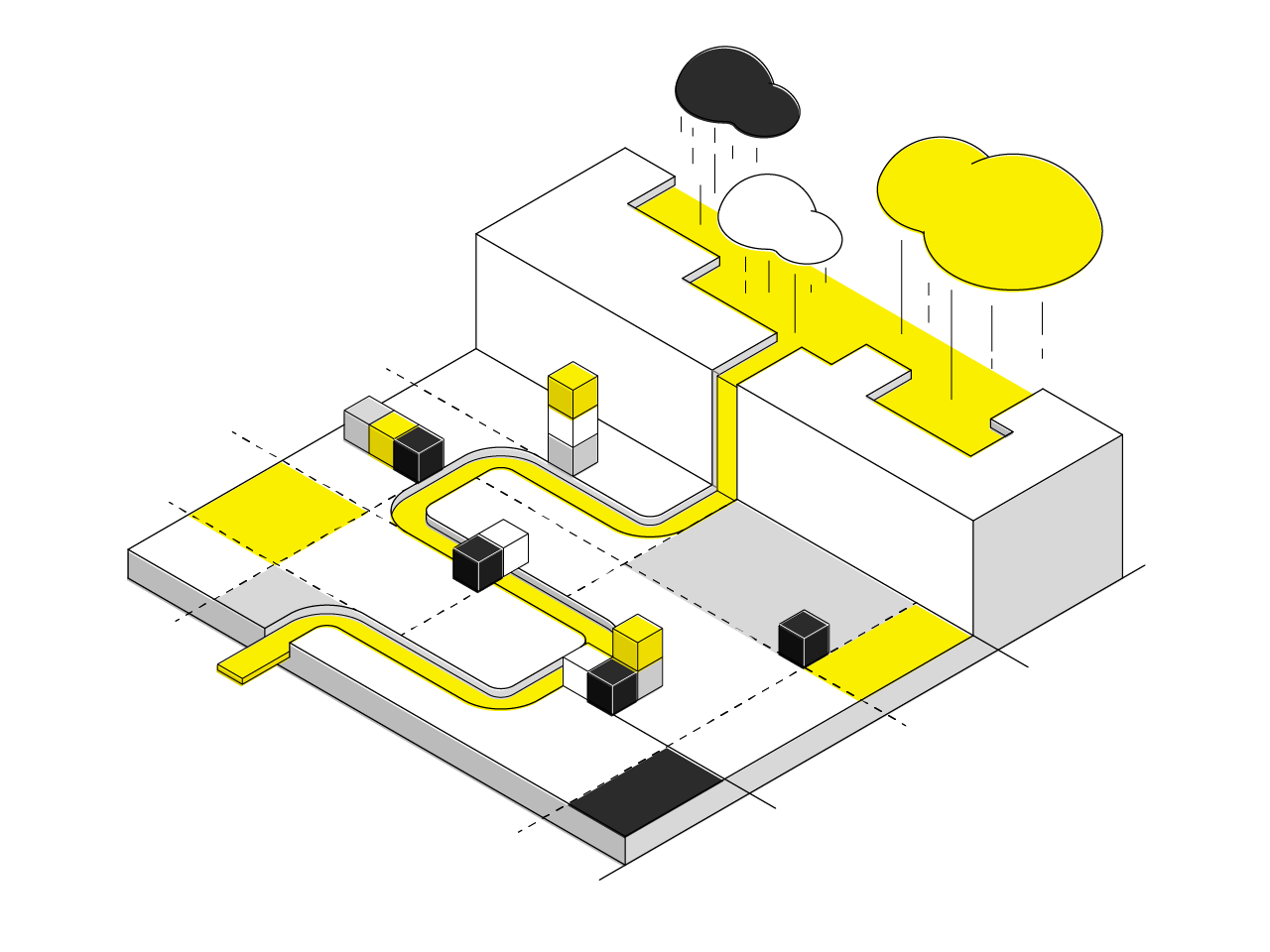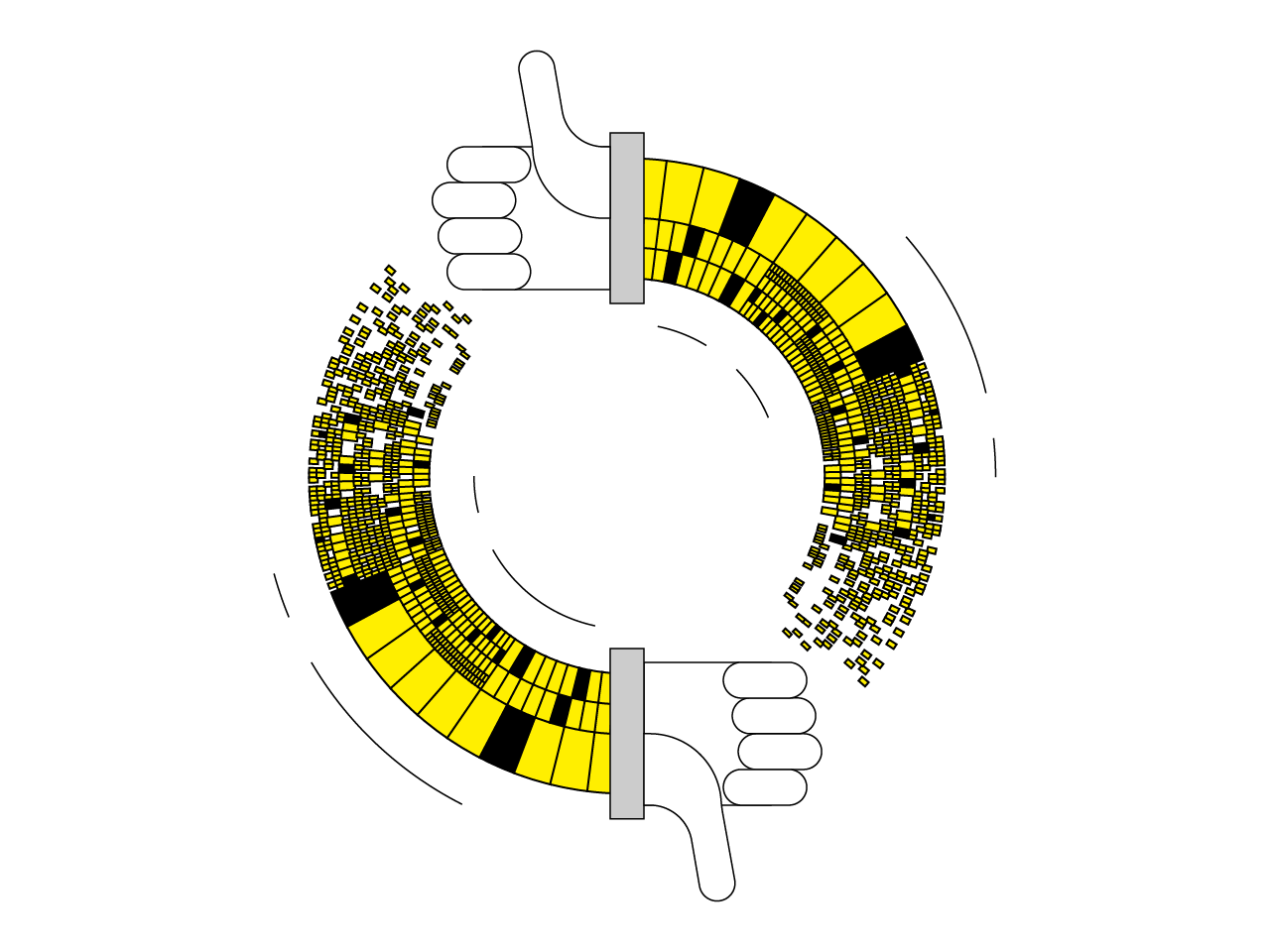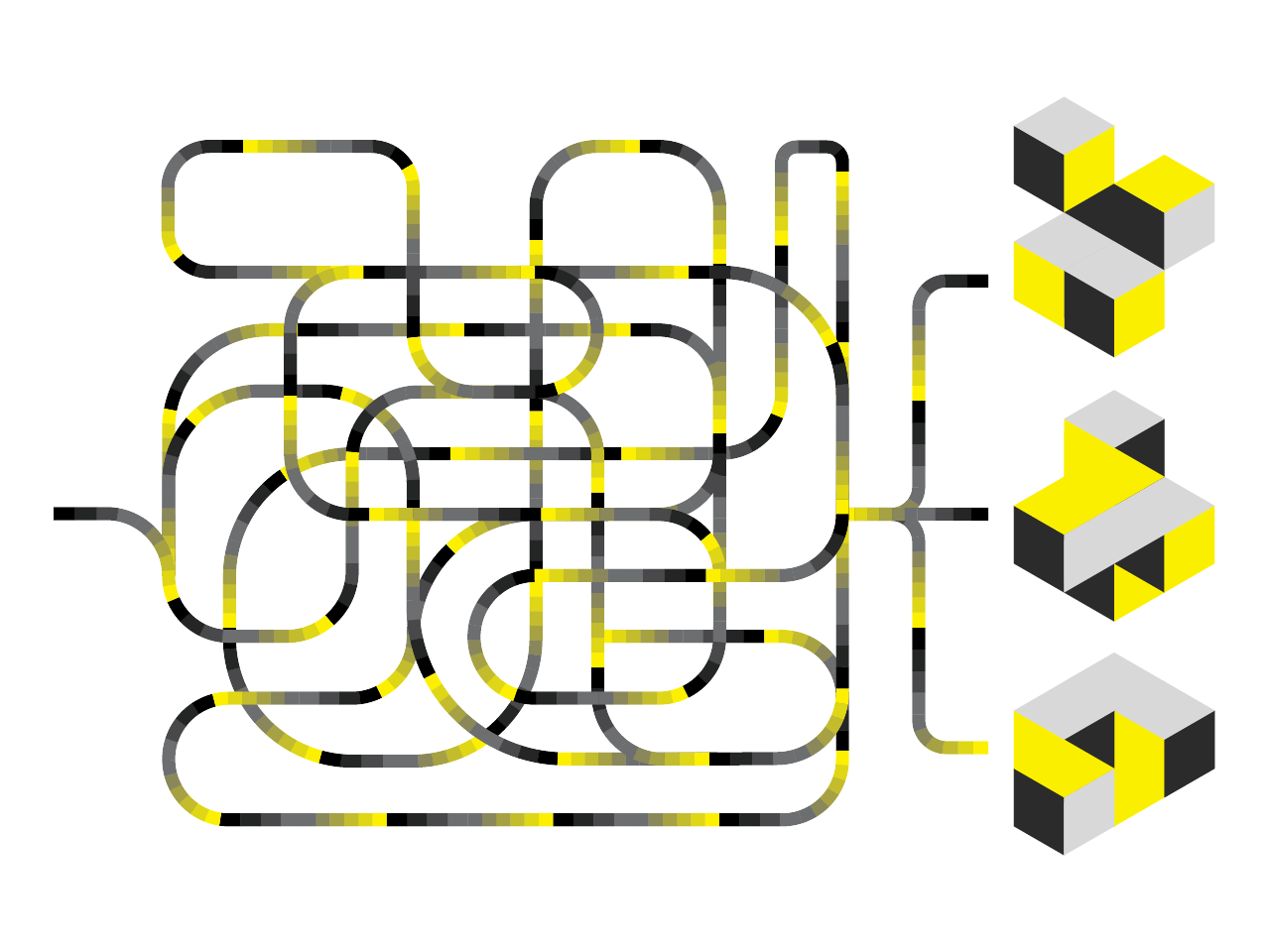Blog
EU’s Digital Future: Rethinking Public Investment Ahead of the Next MFF
The next EU Multiannual Financial Framework (MFF) will shape Europe's future amid growing tensions and challenges.
EuroStack – A Blueprint for Europe’s Digital Future?
EuroStack represents the most comprehensive and ambitious contribution yet to the debate on European digital sovereignty and the strategic role of public digital infrastructures. Open Future analyzes this initiative as a starting point for crucial discussions about strengthening Europe's digital future.
Open Future launches CommonsDB
Open Future launches the CommonsDB initiative to create a prototype registry of public domain and openly licensed works. The registry will enable users to verify the rights status of content from multiple sources.
Meet Doug McCarthy, our new Senior Open Content Specialist
We are pleased to announce that Doug McCarthy has joined Open Future as a Senior Open Content Specialist. Doug will lead our work on the CommonsDB project to develop an EU Registry of Public Domain and open-licensed works.
Our feedback on the first outline for the AI training data template
Our feedback on the the first outline of the template for a summary of training data that was presented by the AI office in January.
Free Chips? Collaboration vs. Sovereignty in EU’s Industrial Strategy
Analysis of the EU's challenge in balancing digital sovereignty with openness in its industrial strategy, focusing on reducing dependence on foreign semiconductors.
Publicly Governed Infrastructure is the Key to Sustainable Social Media
Recent developments in decentralized social media signal a pivotal shift away from corporate-controlled platforms.
Advancing Training Data Transparency in the EU AI Act
While the EU AI Act is the most significant opportunity to advance AI transparency, this analysis argues what information should be disclosed in a "sufficiently detailed summary", who it matters to, and why trade secrets cannot be used as an excuse to undermine transparency.
Open Future joins the Digital Public Goods Alliance
Open Future has joined the Digital Public Goods Alliance (DPGA). As a global steward of digital public goods, the DPGA mission is closely aligned with our goals of cultivating Digital Commons and building Digital Public Space.
Reclaiming Control: Privacy, Platforms, AI, & Governance in the Public Interest
Support for knowledge sharing today requires engaging with the rapid changes to the digital environment that could impact our ability to prioritize the public interest.
The Open Source AI Definition is a step forward in defining openness in AI
This week, the Open Source Initiative released its definition of open source AI. This analysis considers its significance as a standard, its limitations, and the need for a broader community norm.
